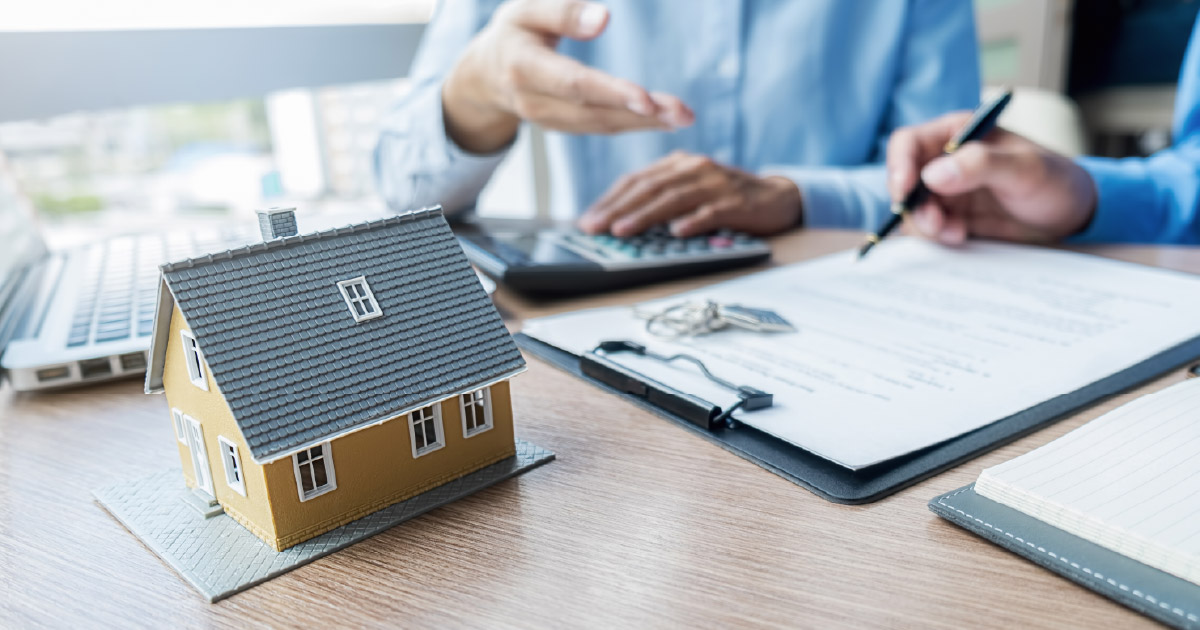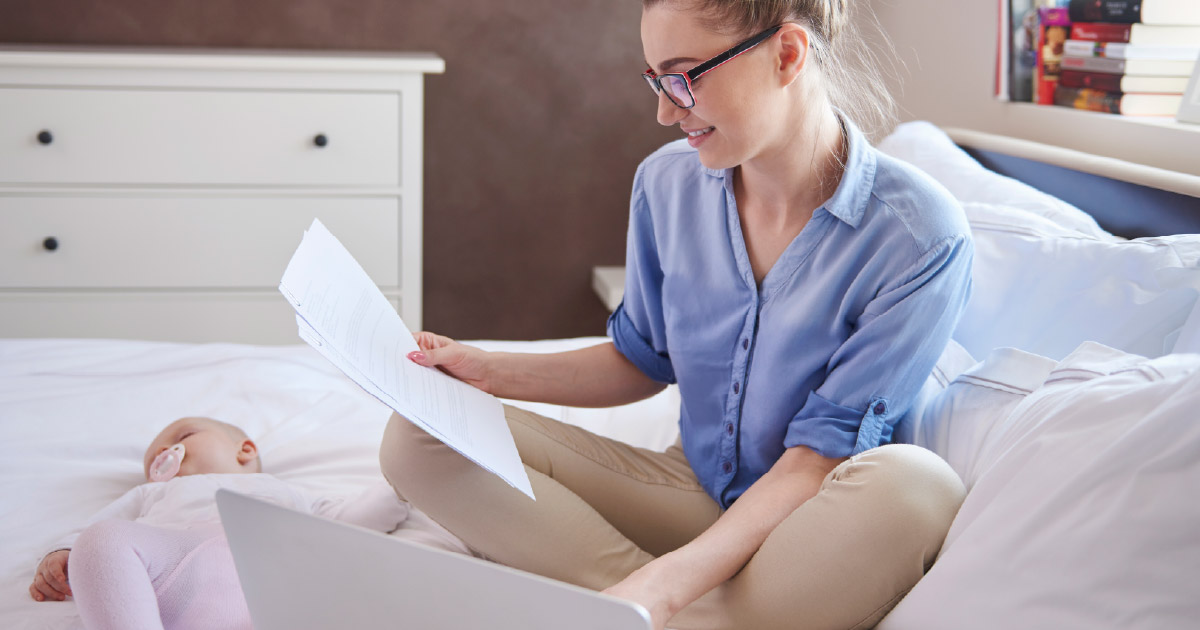Tips on Renting Your First Apartment: A Friendly Guide for First-Time Renters

A significant step towards independence is renting your first apartment. Relocating for a new job, graduating from college, or leaving your family home can all be exciting and a little nerve-racking.
When you rent an apartment for the first time, you’re stepping into a world of security deposits, utility setups, and lease agreements that may not have previously been discussed in casual conversations.
Don’t worry, though. With the correct direction and a little planning, you’ll be prepared to face this new chapter with assurance. We’ll go over how to rent an apartment in this blog, offer helpful advice for first-time tenants, and assist you in determining what you’ll need for your first apartment so you can get settled.
Step 1: Know What You Can Afford
Before you start browsing listings or scheduling viewings, take a good look at your budget. Rent is likely to be your biggest monthly expense, so it’s important to be realistic.
How Much Should You Spend?
It’s generally accepted that you should not spend more than 30% of your monthly income on rent. Therefore, if you make $4,000 a month, try to find a place that costs $1,200 or less.
However, remember to account for additional expenses such as:
- Utilities (gas, water, and electricity)
- Internet and cable
- Renter’s insurance
- Groceries and transportation
Pro Tip: Keep tabs on your spending by using a spreadsheet or budgeting app. It will assist you in managing your money and averting unforeseen expenses.
Step 2: Begin Looking for an Apartment
It’s time to start looking after you’ve established your budget. This phase can be both enjoyable and a little overwhelming. There are numerous options available, and each has advantages and disadvantages of its own.
Where to Look
- Local Facebook groups or community boards
- Real estate websites and apps
- Word-of-mouth—ask friends, family, or coworkers
- Brokers (particularly useful in markets with intense competition)
Things to Think About
When renting an apartment for the first time, you should consider factors other than rent. Ask yourself:
- Is the location convenient and safe?
- How far is it from school or work?
- Are there any nearby public transportation options?
- What facilities (gym, laundry, parking) are included?
- Is the landlord dependable and responsive?
Visit in Person
Photos can be deceiving. Always try to visit the apartment in person before signing anything. Check for signs of damage, test the water pressure, and make sure everything works as expected.
Step 3: Understand the Lease Agreement
The next step is to sign the lease after you’ve found a place you love. Read this contract carefully because it is a legal agreement between you and the landlord.
Important Items to Check For
- Rent amount and due date
- Security deposit and refund terms
- Length of lease (usually 6 or 12 months)
- Maintenance obligations
- Noise, pet, and visitor policies
Don’t be afraid to ask questions or request changes if something seems unfair or unclear. Clarification is preferable to resolving problems later.
Pro Tip: Save copies of all correspondence with your landlord as well as your signed lease. It is helpful in the event of disagreements.
Step 4: Get the Necessities Ready
It’s thrilling to move into your first apartment, but it also takes some preparation. To make your new home feel like home, you’ll need more than just a bed and some clothing.
Essentials for Your First Apartment
Kitchen:
- Cooking utensils
- Pots and pans
- Plates, bowls, and silverware
- Dish soap and sponges
- Trash cans and bags
Bedroom:
- Mattress and bed frame
- Pillows and bedding
- Blinds or curtain
- Laundry basket
Bathroom:
- Towels
- Bath mat
- Shower curtain (if necessary)
- Toilet paper and cleaning materials
Living Space:
- Chairs or a sofa
- Table and chairs
- Lighting or lamps
- Wireless network router
Other:
- Power strips and extension cords
- First aid kit
- Basic tools (hammer, screwdriver)
- Renter’s insurance
You don’t have to purchase everything at once. Build up gradually, starting with the necessities.
Step 5: Move In and Settle Down
It’s time to move in after you’ve gathered your belongings and signed the lease. The adventure really starts here.
Advice for New Renters When They Move In
- Examine the apartment prior to unpacking. Take pictures of any damage that is already there and send them to your landlord.
- Install utilities such as internet, water, and electricity. While some landlords take care of this, you are usually in charge of it.
- Modify your address on official documents, banks, and subscriptions.
- Make an introduction to your neighbours. Knowing who lives next door is always beneficial.
Bonus Tips for First-Time Renters
Here are a few extra nuggets of wisdom to help you navigate your first rental experience like a pro:
- Don’t Skip Renter’s Insurance – It is reasonably priced and safeguards your possessions against water damage, fire, and theft. Some landlords even demand it.
- Recognise Your Rights – You have rights as a tenant. You have a right to privacy, prompt repairs, and a safe place to live. Learn about the rental laws in your area so that you are prepared.
- Use Clear Communication – Inform your landlord as soon as possible if something breaks or needs maintenance. Communicate in a courteous and professional manner.
- Take Care of Your Neighbours – Observe building regulations, maintain clean common areas, and be mindful of noise levels. A little civility goes a long way.
- Have Emergency Funds – Life occurs. You can avoid falling behind on your rent by keeping a small emergency fund to help you pay for unforeseen costs like medical bills or job changes.
Common Mistakes First-Time Renters Make (And How to Avoid Them)
Even with the best intentions, it’s easy to make a few missteps when renting for the first time. Here are some to watch out for:
- Mistake #1: Failure to Read the Lease with Caution
Read the fine print at all times. Before you sign, make sure you understand what you’re getting into. - Mistake #2: Underestimating Expenses
There are other costs besides rent. Set aside money each month for groceries, utilities, and other expenses. - Mistake #3: Neglecting the State of the Apartment
Don’t assume that everything will work. During your visit, check the lights, faucets, and appliances. - Mistake #4: Ignoring the Walkthrough
Before you move in, do a thorough walkthrough. To prevent later loss of your security deposit, note any damage. - Mistake #5: Ignoring Furniture Planning
Basics like a bed, table, and chairs are necessary even for a minimalist setup. Make a plan in advance to avoid spending your first night on the floor.
Concluding Remarks
It’s a milestone to rent your first apartment. It’s a combination of autonomy, accountability, and lifelong learning.
You can create a space that feels like your own by following these first-time renter tips, learning the steps involved in renting an apartment, and getting the necessary supplies ready for your first apartment.
Ask questions, take your time, and don’t be scared to ask friends or family for help. Your new home is waiting for you, and you can handle this.

